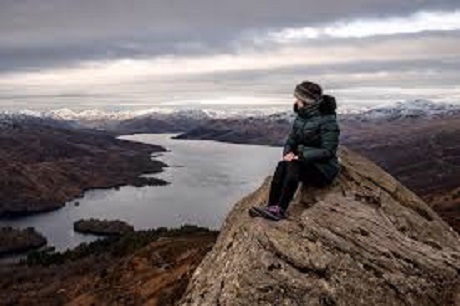
News
Industry update
Research
Sustainability
PhD position in aquaculture research in Scotland offered
November 20, 2019 By Nestor Arellano
 (Image from: University of the Highlands and Islands in Inverness)
(Image from: University of the Highlands and Islands in Inverness) The University of the Highlands and Islands in Inverness, Scotland, is offering a funded PhD position in a research project which aims to develop innovative aquaculture systems. The research will focus on harnessing reactive nitrogen in sustainable food production.
Aquaculture is the fastest growing food production sector in the world, however global aquaculture needs to double in size over the next decade to keep pace with the ever-rising demand for quality protein, according to a press release from the university. “Nitrogen, the main constituent of protein, is one of the most critical and valuable elements globally.”
The project starts on October 5, 2020. The chosen applicant will be primarily based at the Scottish Association for Marine Science in Oban.
Aquaculture is contributing to net nitrogen loading to the environment. This creates a negative impact on the environment and human health. As aquaculture intensifies, the volume of waste produced will increase in direct proportion to aquaculture production. However, there are limited solutions to deal with N-rich waste, according to the university.
“Rather than promoting technologies that result in the permanent removal of nitrogen, this research will explore the potential to exploit the genomic capacity and functional potential of microbial communities within marine sediments and deposit feeder gut microbiomes to upcycle waste N into high-value biomass as organic nitrogen,” according to the university.
The research will be conducted in partnership with Great British Prawns Ltd, an innovative company producing high-value prawns in a marine recirculating aquaculture system (RAS).
The selected PhD student will use discovery science and stoichiogenomics to demonstrate how genome level responses of sediment and deposit feeder microbiomes, in response to anthropogenic Nr pollution, can be manipulated and exploited to engineer low-cost systems that provide a myriad of solutions to the current global challenges facing the agro-industry sector.
The PhD student will work under the supervision of UKRI Future Leaders Fellow Dr. Georgina Robinson, with additional supervision from Dr. Mary Doherty, University of the Highlands and Islands, and Dr. Katherine Duncan, University of Strathclyde. The student will also undertake a three-month placement with the commercial partner GBP Ltd in Balfron.
Click on this link for information on eligibility, deadlines and application.
Those with project-specific inquiries can send their questions to: mary.doherty@uhi.ac.uk
Print this page